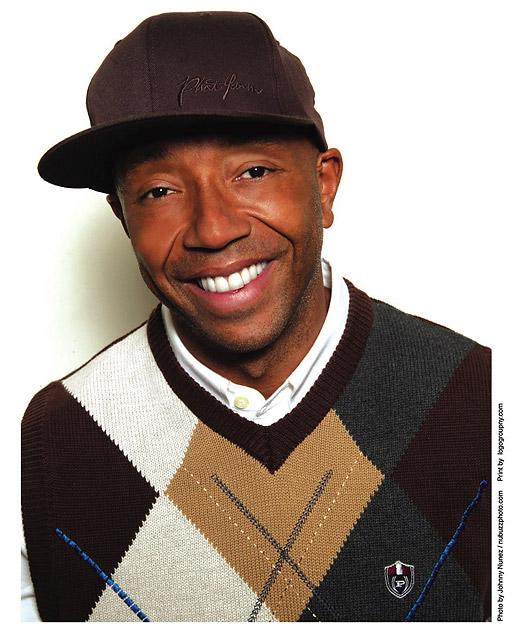
Syracuse, NY – Dr. Boyce Watkins of Syracuse University has recently joined America Online as a financial writer and expert commentator. He will be the resident Financial Expert for AOL Black Voices, the premier Black news website in America, with over 100,000 readers per day. Dr. Watkins has been on the faculty at Syracuse University for 8 years and has worked with many major media outlets, including CNN, BET, ESPN and CBS Sports. He is also the author of “Financial Lovemaking 101: Merging Assets with Your Partner in Ways that Feel Good”.
In his role with AOL Black Voices, Dr. Watkins will provide analysis on the economy, employment issues, celebrity finances, and money management. He will use his unique style of informative, compelling, yet down to earth financial analysis to promote financial literacy within the Black community. The site will syndicate his popular financial series' "Financial Lovemaking", co-hosted with S. Tia Brown (formerly a Senior Editor with "In Touch Weekly" Magazine) and "Get Your Paper Straight", a radio segment hosted with George Kilpatrick of Power 106.5 and WSYR radio.











